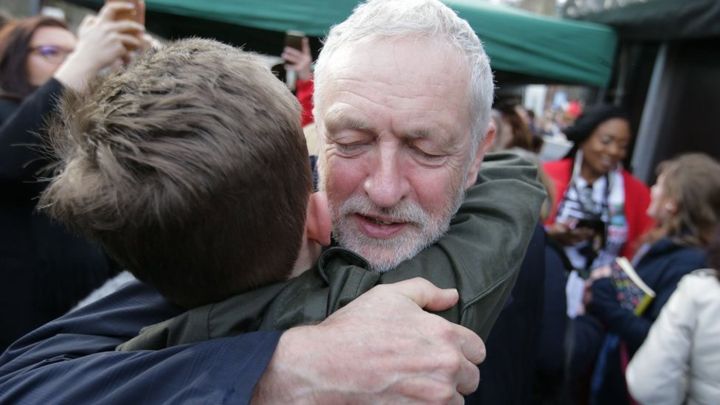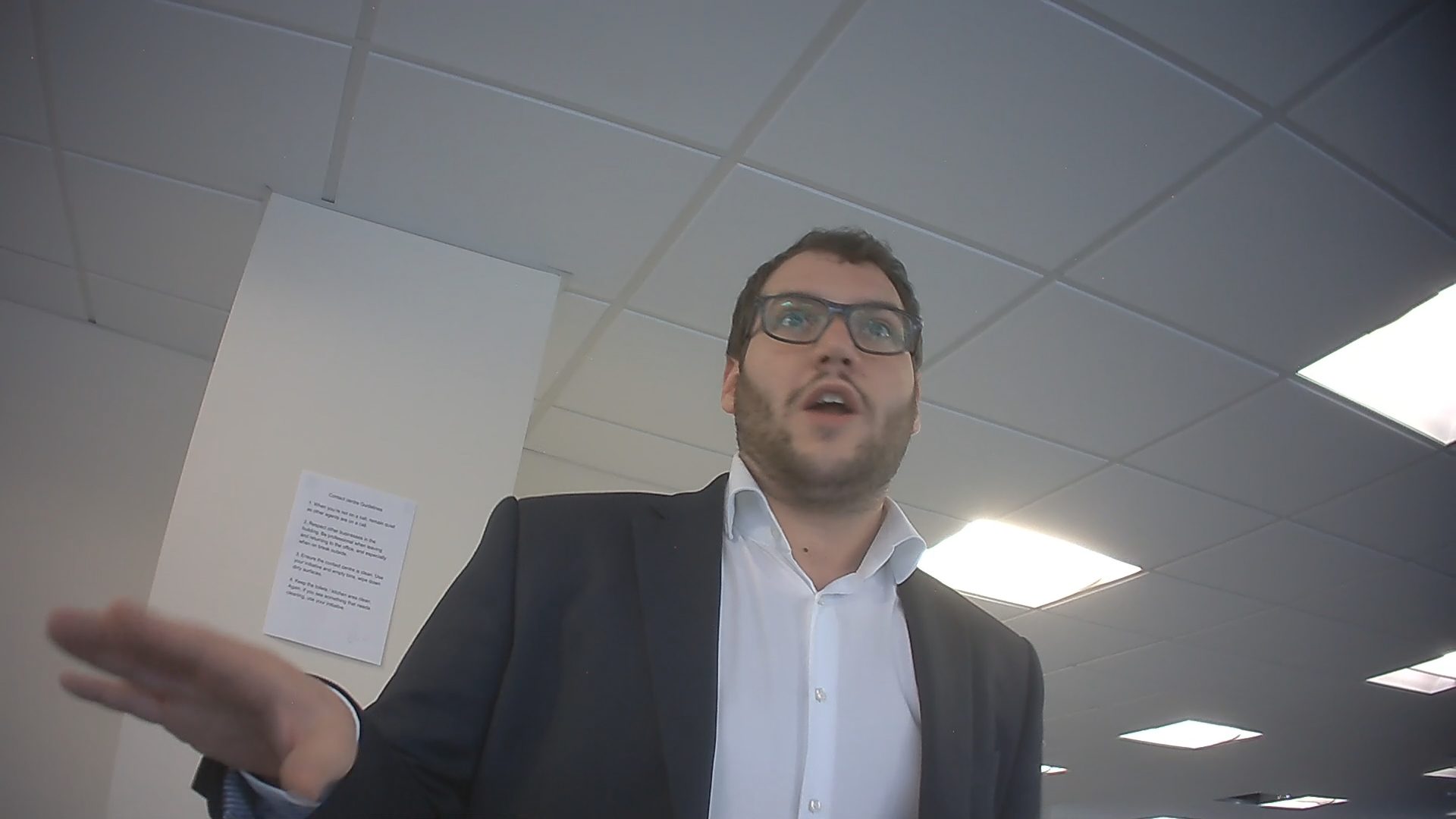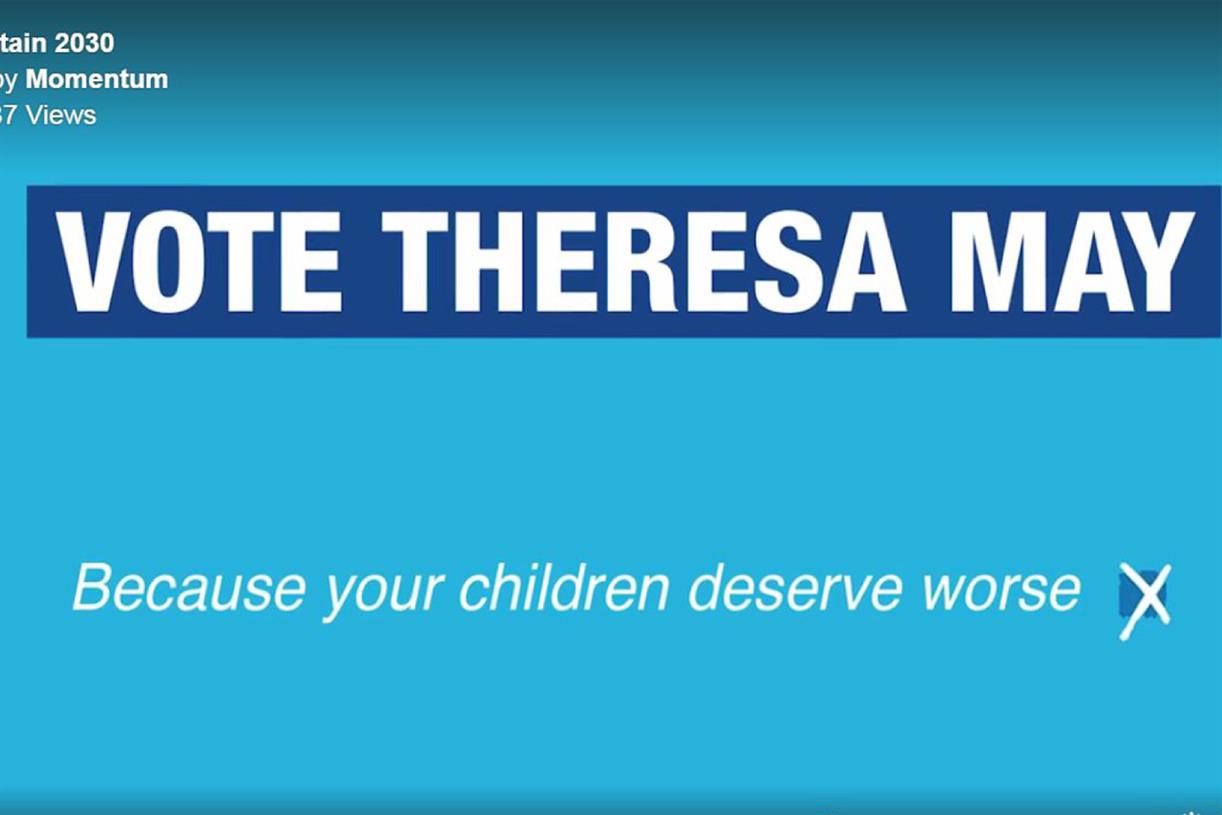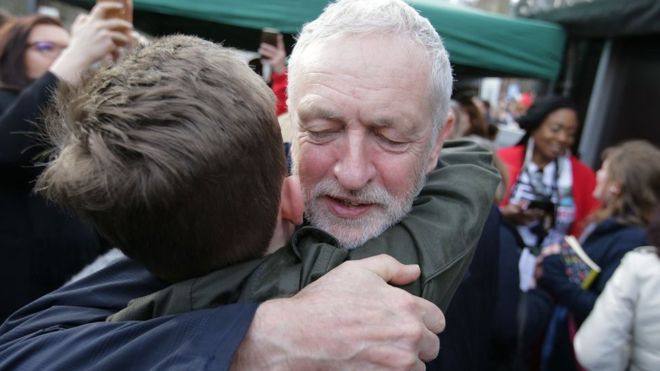Edit
Social Media and the General Election
It's been axiomatic that Labour's professionalism in its use of social media and the internet is weaker than the Tories; maybe not this time. Although last time, Labour spent more on the Ed stone than on Facebook. This time the first new staff post advertised in 2015 was a Head of Digital.
- The Guardian and the BBC report on it. I noticed the BBC report and commented on it here, on my blog, although I repeat some of what I said here.
 Election 2017: Was it Facebook wot swung it?A surge of enthusiasm for Jeremy Corbyn's Labour Party was evident on social media. Did it translate into votes?
Election 2017: Was it Facebook wot swung it?A surge of enthusiasm for Jeremy Corbyn's Labour Party was evident on social media. Did it translate into votes?- You can’t buy likes or shares! (Actually, you can buy likes but it is against Facebook’s terms and conditions). BTW this means that our keyboard warriors activities are positive and important acts of campaigning.
- Filter bubbles are both powerful manifestations of persuasive conversation and can also be merely an echo chamber of the converted or worse, an echo chamber of bots (that’d be funny). Let’s also remember that echo chambers of the converted may well have motivated offline activity, like voting.
- My reading of other’s research suggests that there’s not a lot of cross partisan conversations going on online, it’s difficult to reach your opposition and that’s why you have to pay for it; free motivates your own people.
- Paid Ads aren’t as effective as we’d feared, and micro targeting seems not to have worked, although the Tories held Copeland (the BBC article has an example of a Tory ad. slagging JC off for opposing nuclear power!) I am also curious as to where the opposition, seen on the doorstep & phonebanks, to Labour’s rolling back the Inheritance Tax giveaway’s came from.
- The Guardian article is equally interesting. The strategy's were different, and the huge lesson to be learnt is that social media strategies can't trump the politics. The Tories had tactical failures in their internet strategies but they thought that attacking Jeremy Corbyn was a good idea and they were unable to react quickly enough. The Guardian refers to taking four days to get an advert out.
 Labour won social media election, digital strategists sayParty’s use of Facebook and Twitter to motivate voters, rather than attack Conservatives, regarded as key to success
Labour won social media election, digital strategists sayParty’s use of Facebook and Twitter to motivate voters, rather than attack Conservatives, regarded as key to success- The team that ran "Who targets you?" report on Labour's swing from feel good and persuasion to GOTV on Facebook.
 The final days of Labour’s Facebook GE2017 campaignOne of the reasons for Labour’s surprising performance in this year’s general election has been said to be voter turnout – which, at 68.7%, reached its highest level since 1997. An analysis by LSE …
The final days of Labour’s Facebook GE2017 campaignOne of the reasons for Labour’s surprising performance in this year’s general election has been said to be voter turnout – which, at 68.7%, reached its highest level since 1997. An analysis by LSE …- The summarised the previous phase of Facebook advertising, as "To sum up, Labour’s Facebook advertising so far seems to have deepened some of the party’s broader campaign directions – avoiding discussion of Brexit, left-wing populism, and attempting to attack the Conservative record on public services – and reflected a risk-avert use of resources in their targeting strategy. It will be interesting to see if these patterns continue as we go into the last days and hours of the campaign."
- I wonder if Labour were monitoring their filter bubbles, otherwise they seemed to have no intelligence on some of the threats such as the inheritance tax counter blow. (Some one had read the manifesto and costings document very carefully.) In previous years, they were asking for leaflets to be collected and put on the net.
- And the Guardian looks at the tech. and the strategy, possibly the most important lessons, from the Sander's campaign, there's no no go areas, people can be persuaded, crude voter id is not good enough. While sending people out into the Tory areas occurred in some places due to having too many volunteers and the Labour Parties data being too old to allow targeting, it paid dividends.
 ‘There is no unwinnable seat now’ – how Labour revolutionised its doorstep gameLabour’s election hopes were transformed by a flood of enthusiastic Momentum recruits. This is the inside story of how young volunteers allied with seasoned activists to unite a fractured party
‘There is no unwinnable seat now’ – how Labour revolutionised its doorstep gameLabour’s election hopes were transformed by a flood of enthusiastic Momentum recruits. This is the inside story of how young volunteers allied with seasoned activists to unite a fractured party- The article also talks about the almost accidental ways in which some of the nights triumphs occurred despite Labour HQs overly defensive "twinning" policies. Croyden Central was a momentum target from the begining, but it took a couple of days for people to get into Sheffield Hallam.
- And then comes up, an illustration of the role of phone banking and possibly more illegal expenditure, this one must be harder to justify as national expense.
 Revealed: Inside the secretive Tory election call centreThe Conservative Party contracted a secretive call centre during the election campaign which may have broken data protection and election laws, a Channel 4 News investigation has found.
Revealed: Inside the secretive Tory election call centreThe Conservative Party contracted a secretive call centre during the election campaign which may have broken data protection and election laws, a Channel 4 News investigation has found.- And campaign the ad. industries house paper comments ... not very much really. Written by a Cameroon.
 Why it's Facebook wot won itThis election has been characterised by parties building their marketing strategies around Facebook and abandoning traditional media, says Giles Kenningham.
Why it's Facebook wot won itThis election has been characterised by parties building their marketing strategies around Facebook and abandoning traditional media, says Giles Kenningham.- A later comment on persuasion, fake news and false momentum
 Facebook and Twitter being used to manipulate public opinion – reportNine-country study finds widespread use of social media for promoting lies, misinformation and propaganda by governments and individuals
Facebook and Twitter being used to manipulate public opinion – reportNine-country study finds widespread use of social media for promoting lies, misinformation and propaganda by governments and individuals
